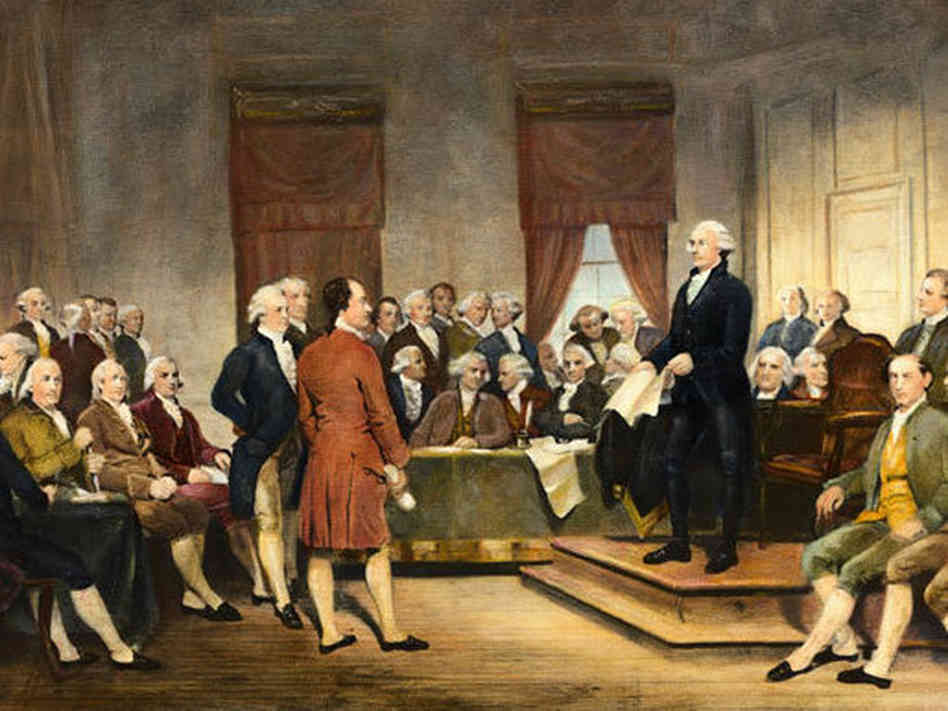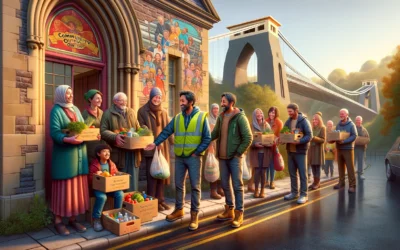Notable Freemasons

Notable Freemasons and Their Professions
Freemasonry is one of the oldest fraternal organisations in the world, with roots dating back to the late 16th to early 17th century. Characterised by its unique symbols, rituals, and ethical teachings, it has grown into a global fraternity with millions of members. At its core, Freemasonry promotes moral and personal development, encouraging its members to strive for enlightenment through self-examination, inquiry, and charity. While often regarded with curiosity and intrigue, the contributions of Freemasons have significantly shaped history, culture, and society. This article explores a selection of famous Freemasons from various professions, illuminating how their Masonic membership influenced their lives and work.
Founding Fathers of the United States
Among the most notable Freemasons are the Founding Fathers of the United States, who played pivotal roles in the nation’s founding and governance.
George Washington
George Washington, initiated into Freemasonry in 1752, exemplified how Masonic values influenced his leadership. As Commander-in-Chief during the American Revolution and the first President of the United States, Washington’s principles of liberty and fraternity were undoubtedly informed by his Masonic beliefs, fostering a sense of unity among the new states.
Benjamin Franklin
A polymath and one of America’s most revered diplomats, Benjamin Franklin was also a prominent Freemason. His Masonic involvement aided his work during the Revolution, where he successfully negotiated critical alliances, particularly with France. Franklin’s Masonic principles of mutual aid and civic responsibility permeated his contributions as a scientist, inventor, and civil servant.
Other Founding Fathers
Other notable Freemasons among the Founding Fathers include the Marquis de Lafayette, Robert R. Livingston, John Hancock, and Aaron Burr. Each of these men utilised Masonic ideologies to support the emerging values of democracy and civil rights in America.
U.S. Presidents
A remarkable 14 U.S. Presidents have been known Freemasons, demonstrating the fraternity’s substantial impact on American politics. Key figures include George Washington, James Monroe, Andrew Jackson, and Franklin D. Roosevelt. Their participation in Freemasonry often aligned with their political ideologies, reinforcing themes of liberty, community service, and leadership.
Explorers and Adventurers
Freemasonry has also attracted numerous explorers and adventurers who have left indelible marks on history. Figures such as Davey Crockett, Jim Bowie, and Sam Houston epitomise the adventurous spirit, often drawing on Masonic teachings of courage and tenacity in their pursuits. Christopher “Kit” Carson, Lewis and Clark, Charles Lindbergh, and Edwin “Buzz” Aldrin further illustrate how Freemasonry inspired exploration and discovery.
Science and Medicine
In the fields of science and medicine, famous Freemasons have made groundbreaking contributions. Edward Jenner, recognised for developing the smallpox vaccine, embodied the Masonic commitment to community health. His work not only saved countless lives but also instilled early practices of public health that resonate in today’s medical ethics.
Joseph Lister, a pioneer of antiseptic surgery, transformed medical practices by advocating for sanitation in hospitals. His Masonic background underscores the fraternity’s values of care and responsibility in modern medicine. Similarly, Alexander Fleming, who discovered penicillin, revolutionised antibiotics and showcased how Masonic philosophy can foster innovation in healthcare.
Actors and Entertainers
Freemasonry has long drawn talented entertainers who have shaped the arts. The Ringling Brothers, renowned circus performers, exemplified the Masonic principles of cooperation and community engagement through their shows. Jazz legend William “Count” Basie is another notable Freemason, using his music to inspire and unite audiences across divides.
Iconic figures such as John Wayne and Harry Houdini further highlight the intersection of Freemasonry with performance arts, illustrating how their Masonic affiliations influenced their dedication to their craft and philanthropy. Richard Pryor and Mel Blanc would also utilise their platforms, inspired by Masonic values, to effect social change and entertain millions.
Athletes
In the realm of sports, notable Freemasons such as “Sugar Ray” Robinson, Jack Dempsey, John Elway, and Scottie Pippen exemplified the spirit of sportsmanship and dedication. Their achievements often paralleled Masonic ideals, demonstrating discipline, integrity, and community support.
Businessmen
The influence of Freemasonry extends into business, with figures like Henry Ford revolutionising industry and manufacturing. Ford’s Masonic roots are reflected in his commitment to community welfare and social improvements through innovative practices.
Other notable business luminaries include Walter P. Chrysler, Nathan Meyer Rothschild, John Jacob Astor, and Colonel Harland Sanders. Each applied Masonic values to their business ventures, leading with ethics and a focus on societal benefit alongside profitability.
Statecraft
Freemasonry has historically attracted influential statesmen. Sir Winston Churchill, who led the United Kingdom during World War II, exemplified how Masonic principles can guide leadership during tumultuous times. His values of courage and resilience were mirrored in the Masonic fraternity he belonged to.
Other influential leaders, such as Fiorello LaGuardia and Kalakaua, King of Hawaii, followed similar pathways, showing how Freemasonry’s teachings can inspire effective governance and civic leadership.
U.S. Civil Rights Leaders
The influence of Freemasonry can also be seen in the work of prominent civil rights leaders. Booker T. Washington, W.E.B. Du Bois, Thurgood Marshall, and Medgar Evers all drew upon the fraternity’s emphasis on liberty and equality in their quests for racial justice and civil rights, highlighting the broader societal impact of their Masonic membership.
Arts and Letters
In the cultural sphere, Freemasonry has attracted renowned authors and artists. Wolfgang Amadeus Mozart, known for his profound musical compositions, integrated Masonic themes into his works. Similarly, literary giants like Jonathan Swift, Oscar Wilde, Sir Arthur Conan Doyle, and Mark Twain used their pens to reflect Masonic values of morality and humanity.
Historical Influence
Freemasonry played a significant role in the American Revolution, with members advocating for principles such as personal responsibility, equality, and liberty. The fraternity’s emphasis on Enlightenment values influenced numerous historical events, inspiring movements for liberty and progress across the globe. Freemasonry was instrumental in forming a network of like-minded individuals committed to these ideals, fostering dialogue and action that transcended geographical boundaries.
Modern-Day Freemasonry
Today, Freemasonry has evolved, shifting its direct political influence towards charitable and community-focused activities. Modern Freemasons engage in a variety of initiatives, from fundraising for hospitals to providing educational scholarships. Their commitment to social welfare, disaster relief, and public health projects continues to reflect the core Masonic tenets of brotherhood and service.
For those intrigued by Freemasonry, consider how the principles that have guided notable figures across different professions continue to influence contemporary society. Could the ethical foundations and community spirit fostered within Freemasonry serve as a model for future generations?
Recent Posts
- Deprived families in Bristol will receive support for children’s development, thanks to the Freemasons
- Notable Freemasons
- Freemasonry’s Long-Standing Tradition of Giving Back
- Bristol Masons contribute to £500,000 for Ukrainian refugees
- Philippines typhoon victims to receive essential supplies thanks to Bristol Masons
Social
Subscribe to our newsletter!

Recent Comments